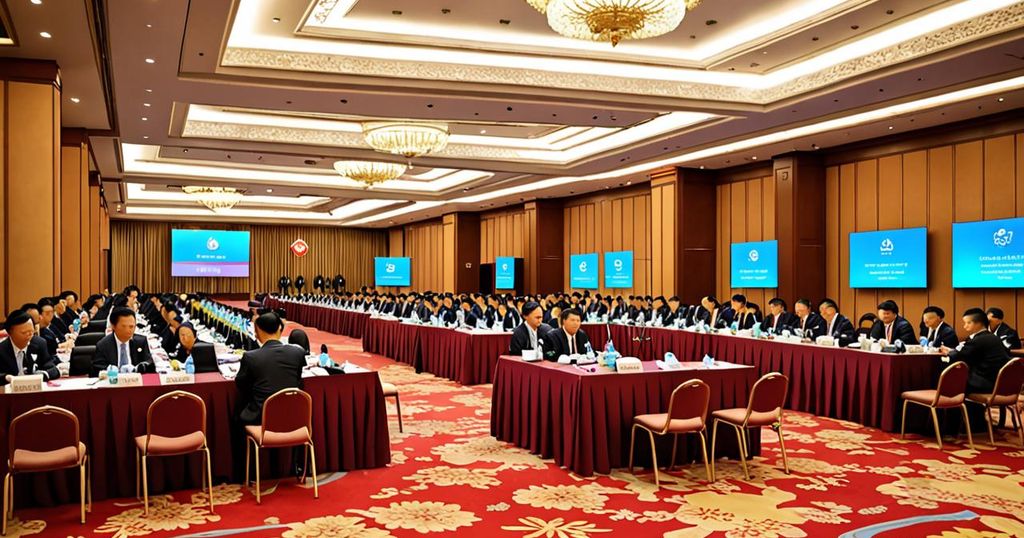The much-anticipated Shangri-La Dialogue (SLD) is poised to commence in Singapore, convening approximately 500 delegates from over 40 countries to deliberate on critical security challenges in the Asia Pacific region. Organized by the International Institute for Strategic Studies (IISS), this event will signify the first in-person meeting since the advent of the pandemic.
Keynote addresses from Japanese Prime Minister Fumio Kishida, US Defense Secretary Lloyd Austin, and Chinese Defense Minister Wei Fenghe are set to take precedence, alongside a special virtual address from Ukrainian President Volodymyr Zelenskyy. These speeches are expected to cover a wide array of topics, encompassing the conflict in Ukraine, US-China tensions, and the situation in Myanmar.
In addition to the keynote speakers, notable figures such as Ukraine’s Deputy Foreign Minister Dmytro Senik, the United Nations Secretary General’s Special Envoy on Myanmar Noeleen Heyzer, and Malaysian Foreign Minister Saifuddin Abdullah will impart their perspectives on the contemporary state of affairs in their respective regions.
The gathering of policymakers at the SLD arrives at a pivotal juncture, with global security concerns assuming paramount significance. The recent incursion of Ukraine by Russia and escalating tensions in the Asia Pacific, particularly North Korea’s heightened missile tests and China’s assertiveness in the South China Sea, pose intricate challenges that necessitate international attention and cooperation.
The event also serves as a platform for bilateral and multilateral discussions on the sidelines, foreseeing meetings among senior defense officials from the US, China, Japan, and South Korea to address regional security dynamics and collaboration on pivotal issues such as North Korea.
Against this backdrop, the SLD assumes a crucial role as a forum for cultivating dialogue and collaboration among nations, particularly in light of the evolving geopolitical tensions. The insights and outcomes derived from this assembly are poised to influence the strategic alignment of the Indo-Pacific region and contribute to the pursuit of peace and security on a global scale.

Leave a Reply